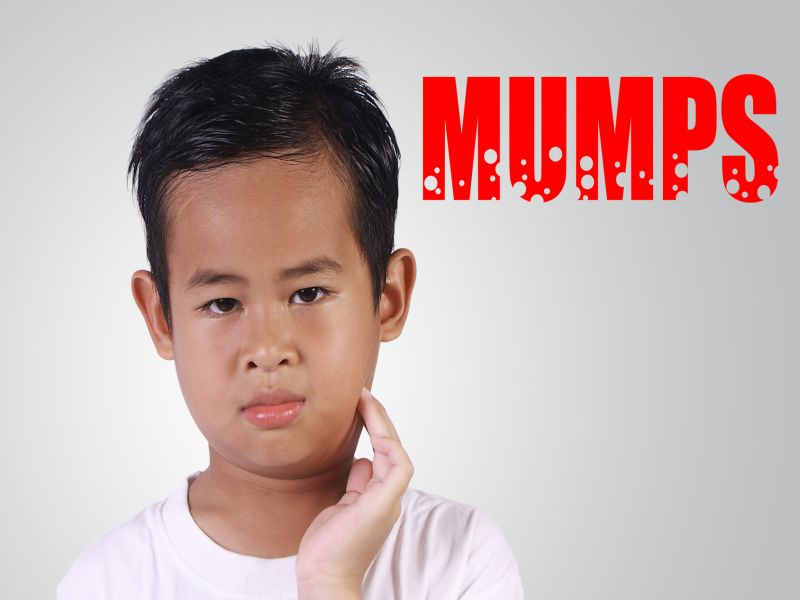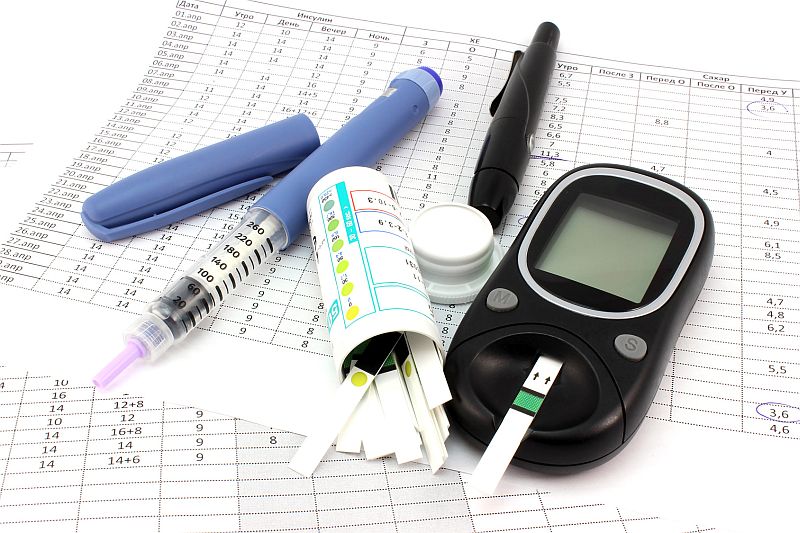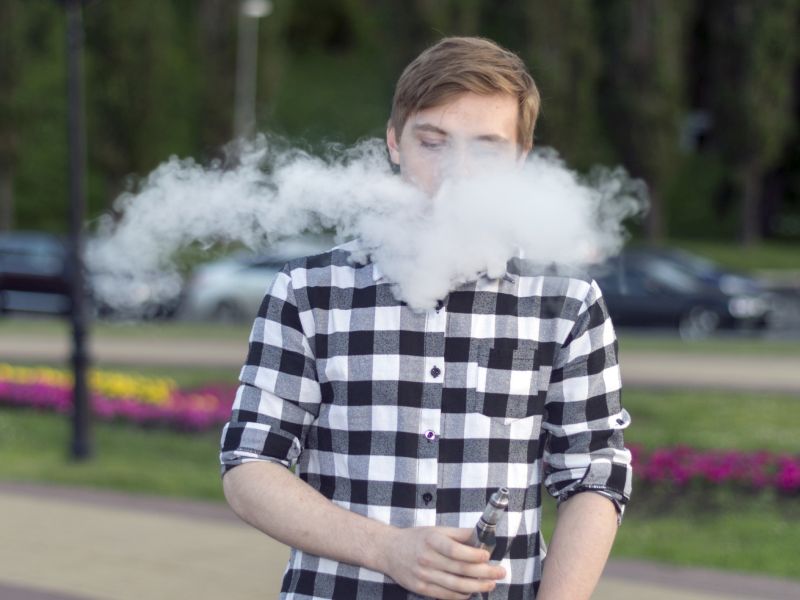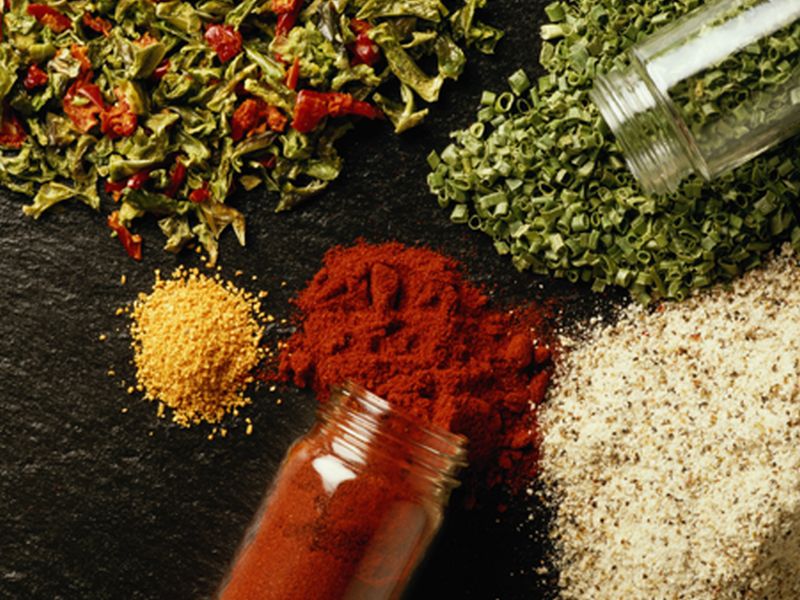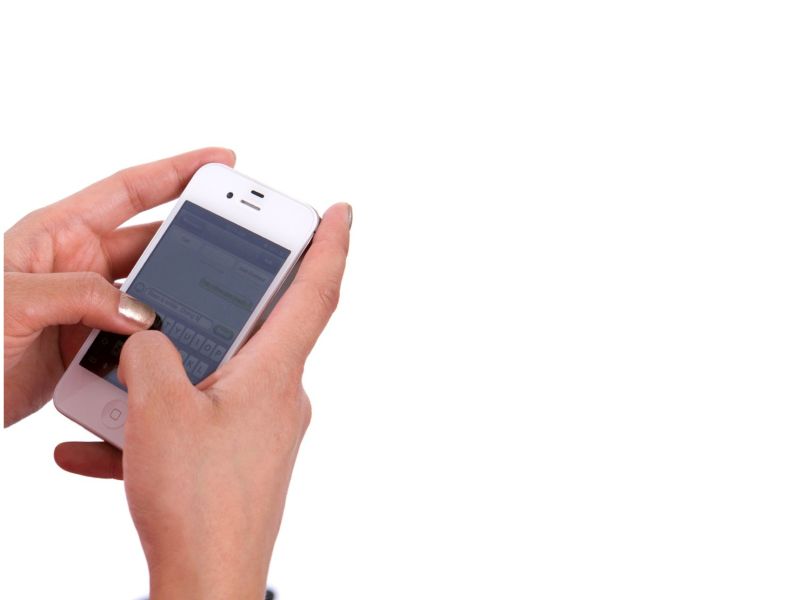
Despite calls for more diversity among doctors in the United States, a new study shows that minorities remain underrepresented in medical schools. Researchers found that between 2002 and 2017, the actual number of minority students in medical schools increased, but the rate of increase was slower than that of age-matched members of those minorities in… read on >










